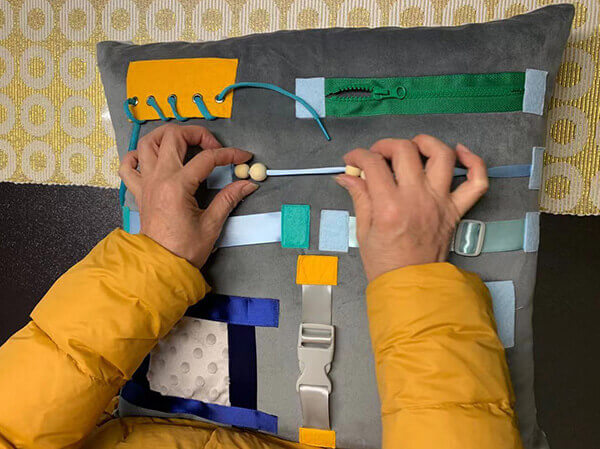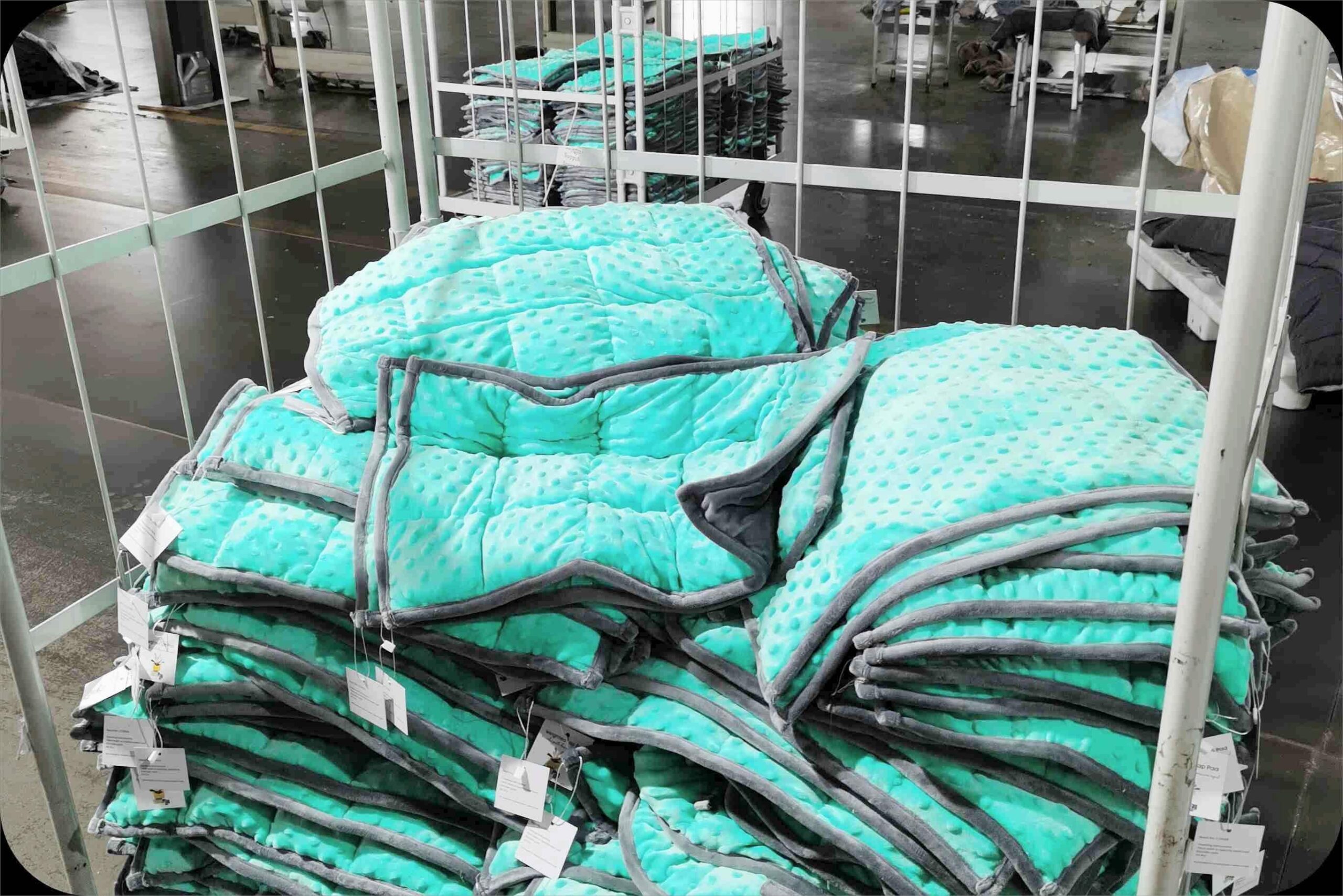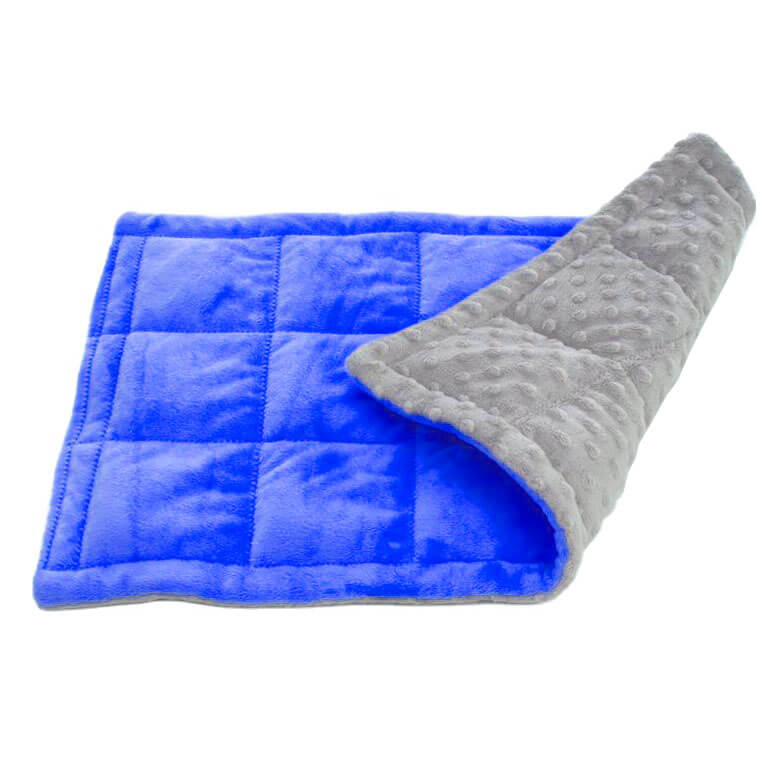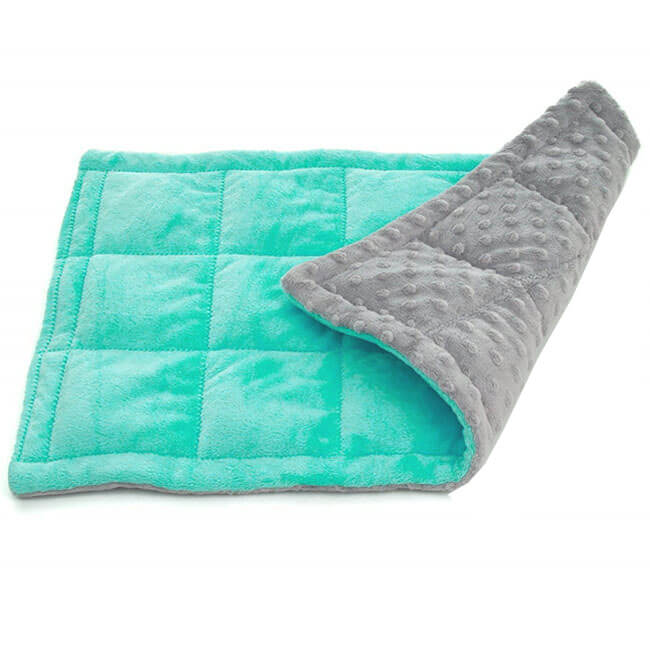“Caregiver” is a common verb-object phrase, and the caregiver is often omitted as the subject, along with the caregiver’s level of effort.
Articles on the internet about caring for patients are always followed by many comments about the heartache of caring.
“During the six months of caring for my father, “My mom and I both had the feeling that we could die at any moment. Nothing could make me feel happy.”
“We just got through six months and couldn’t take it anymore, and other people who take care of patients all year round really don’t know how far it will go.”
S.L
“After taking care of my grandmother, my mother started taking care of my grandfather, and then finally came back to take care of herself, “She has never been for herself in her life.“”
W.A
It is always the patient who needs to be seen, who needs to be cared for, and countless guides point out “If I were an xxx family member, how would I care for the patient”.
It’s hard for the patient to go through the illness, but what if the person caring for the patient is sick themselves?
The caregiver is also sick
In fact, caregivers consistently experience higher levels of depression and mental health problems than their peers who do not take on caregiving duties, especially for those caring for a care recipient with cognitive decline, with studies showing that 30% to 40% of Alzheimer’s caregivers suffer from both depression and emotional stress.
When surveyed, caregivers often report feeling stressed and depressed:
16% of caregivers were emotionally stressed, while 26% reported that caring for their loved one was emotionally taxing and 22% were exhausted when they went to bed at night.
Caregiver stress syndrome has a significant impact on the lives of those caring for a loved one. Not only does it affect the caregiver’s mood, but also his or her long-term health, and these statistics underscore the severity of the problem.
- 11% of caregivers report that their role has led to a decline in their physical health
- 45% of caregivers reported chronic conditions, including heart attacks, heart disease, cancer, diabetes and arthritis
- Caregivers had 23% higher levels of stress hormones and 15% lower levels of antibody response compared to non-caregivers
- 10% of primary caregivers reported physical stress due to the need to physically help a loved one
- Women who spend nine or more hours per week caring for a spouse have a 100 percent increased risk of heart disease
- 72% of caregivers said they do not visit the doctor as often as they should
- 58% of caregivers said their eating habits were worse than before they took on this role
- Caregivers aged 66 to 96 had a 63% higher mortality rate than non-caregivers of the same age
This is known as “caregiver stress syndrome,” a condition characterized by physical, mental and emotional exhaustion. It is often the result of a person neglecting their own physical and mental health as they focus on caring for a loved one who is ill, injured or disabled.
There are many factors that can play a role in caregiver stress syndrome.
For some caregivers, caring for someone with a serious illness for an extended period of time can lead to burnout; for others, the lack of boundaries between their role as a caregiver and their spouse, children or other loved ones can be challenging.
Still other caregivers have unrealistic expectations that they can do it themselves and refuse to ask for help, perhaps because they don’t want to be a burden on others; and are often frustrated by the overwhelming needs of their loved one or the financial and other resources needed to care for someone with a long-term illness or disability.
Let’s take good care of caregivers!
The members of TheGoldenPal team saw this, and we have been working on solutions since recent years to provide products that not only provide convenience to patients, especially those with Alzheimer’s, but also somehow reduce the stress of caregivers.
The fidget blankets products launched in recent years have been very popular in the market. This encourages us a lot and we will try our best to create more and better products to serve the cared for and the caregivers.






